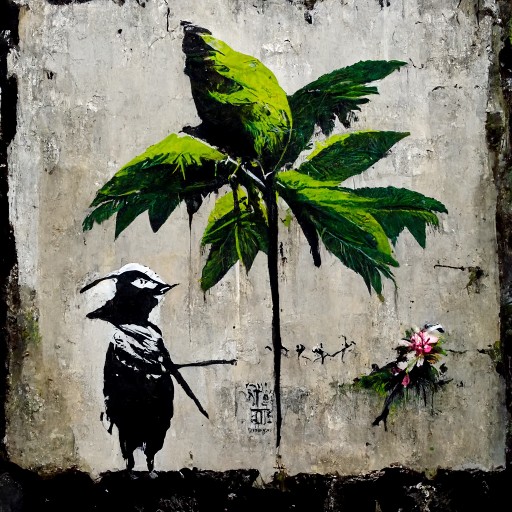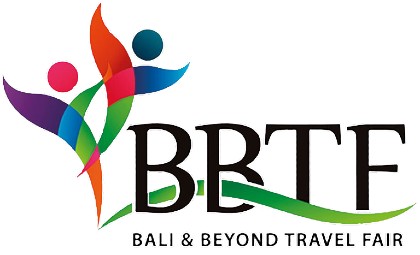No products in the cart.
Coming to Indonesia as an Investor
One of the many exciting opportunities for foreigners to relocate to Bali is opening their own business or possibly investing in existing businesses. In Indonesia, foreigners have the option of investing in a variety of industries. New businesses continuously spring up in Bali, as obtaining approval to open enterprises in Bali is relatively straightforward. As a result, more entrepreneurs and investors are considering Bali as a key location for expanding their operations. The ease of applying and waiver of the work permit cost are two of the most appealing perks offered by the Indonesian Investor KITAS. Foreign investors used to have to pay a costly annual charge, but as long as they meet all of the investing conditions, those with an Investor KITAS are no longer required to cover that cost.
Why invest in Bali?
5+Million international tourists and 7+million domestic tourists travel to Bali every year (pre-covid). Ignoring the shocking effects of the pandemic for a second, this has created a thriving hospitality industry, that grew since it became significant sometime in the 90ies. Of course, this dynamic economy creates interesting and also lucrative investment opportunities.
Running a lifestyle, wellness, or hospitality business in Bali, and particularly investing into land and properties has been undoubtedly profitable for many foreign investors since decades.
Is the economy solid?
Bali has always recovered after each global, regional or domestic “disaster”, not just very quickly, but also grew after every low point beyond expectations. Bali is a global brand and it will continue to grow; some say, “it’s just the beginning”, and we believe so too.
Indonesia’s demographic with its young and increasingly well educated population is one of the absolute strong points of the economy, and domestic tourism will grow for years to come.
The political system and the young democracy is rather stable, welcoming to foreign investors, and a reliable international partner and member of the ASEAN countries.

Top Investment Opportunities in Bali

The property sector is a fantastic investment option for both business and personal purposes, since it is one of the safest investment practices and can be used for a variety of objectives.

F & B
Being a tropical environment, Indonesia as an archipelago make it a perfect location for a diverse range of food resources that has since evolved into many distinct, exotic cuisines.

Commercial
Shops & boutiques, diving centres, and surf schools are all thriving industries and business segments. Investments into production is also popular such as furniture, clothes, jewellery, and all sorts of deco & handicrafts.
What are the main risks to invest in Bali?
We have seen dozens if not hundreds of businesses come and go over the last 20 years. While in any economy businesses fail and succeed, there are some risks and traps that are good to know.
The natural disasters such as earthquakes and volcanic eruptions did happen and will happen again, affecting tourism in some regions in Bali or as a destination overall. Even though no challenge lasts forever, the economy can crash for a few months and investors need enough resources to be able to handle such incidences. Bear in mind, that competition can be tough in all hospitality segments, there are constantly new places opening and the level of innovation and creativity of business owners is at times mind-blowing. Cash-flow management seems to be for many “inexperienced” investors a huge challenge, simply because they underestimate the tax bills, or are not aware that buying on credit is rarely happening and everyone one wants to see the cash before doing anything. High interest rates, of course only if you manage to get a loan from a local bank. Naivity and lack of proper legal and fiscal research or listening to shady agents, consultants, influencers and wannabees can ruin any business rather quickly. It is absolutely crucial to build a strong foundation – legally and fiscally. The tax system can be complicated, the rules in general are getting stricter (that’s for the most part a good thing). Building permits need to be in place. Gradually environmental protection requirements are getting stricter, limitations of ownership are a real thing, the requirements to have local shareholders or partners for some industries are mandatory, and you need a solution for the paid-up capital to found a company, and, last but not least, there are labour laws to follow. Choosing the wrong location. Not understanding the cultural differences when dealing with employees and business partners.
Becoming a foreign investor / shareholder in Bali
Can Investors get a KITAS?
Yes, Investors can apply for an Investor Kitas, which is usually issued for 2 years and guarantees multiple entry
- There are several capital requirements for the company to fulfill and shareholders do also have certain legal & fiscal obligations, particularly if a dividend is distributed.
What are the required documents?
Documents requested from the Sponsor/Company:
- A decree from the Ministry for the Legalization of the Company’s Articles of Association, as well as any recent deed revisions
- Business Identity Number NIB (Nomor Induk Berusaha) is an ID number that identifies a business and serves as a permit.
- Operations Permit (Izin Usaha)
- Company’s Tax Number & Tax Status (NPWP Badan Usaha, KSWP Keterangan Status Wajib Pajak)
- Letter of Domicile from the Company (SKTU, or Surat Domisili Usaha)
- A recent quarterly business activity report (LKPM)
- The Director’s passport and KITAS OR Identity Card (KTP) of the Local Manager/Director’s
- Local Manager/Director’s Tax Number (NPWP) and Tax Status (KSWP)
Documents required from the applicant:
- Passport needs to be valid for at least 20 months for a 1-year KITAS, and at least 34 months for a 2-year KITAS
- A bank statement with a minimum balance of USD 1500
- 4cm x 6cm digital photograph
- Personal Tax Number (NPWP) & Personal Tax Status (KSWP)
- Healthcare Insurance (BPJS Kesehatan), and Social Security Card (BPJS Ketenagakerjaan)
What is the difference between a PT and PT PMA limited liability?
A 100 percent Indonesian-owned limited liability company is known as PT, while a partially or entirely foreign-owned business are a PT PMA – these are the main two legal entity types in Indonesia.
Local businesses can only be owned by Indonesians who hold 100% of the company shares. A corporation is considered foreign-owned if a foreigner owns even 1% of the stock.
Foreign investors are not permitted to serve as the only director or commissioner of a local corporation, at least one local director is required in a PT. A foreign investor can be a director or a commissioner of a PT PMA since it is a foreign-owned company.



















